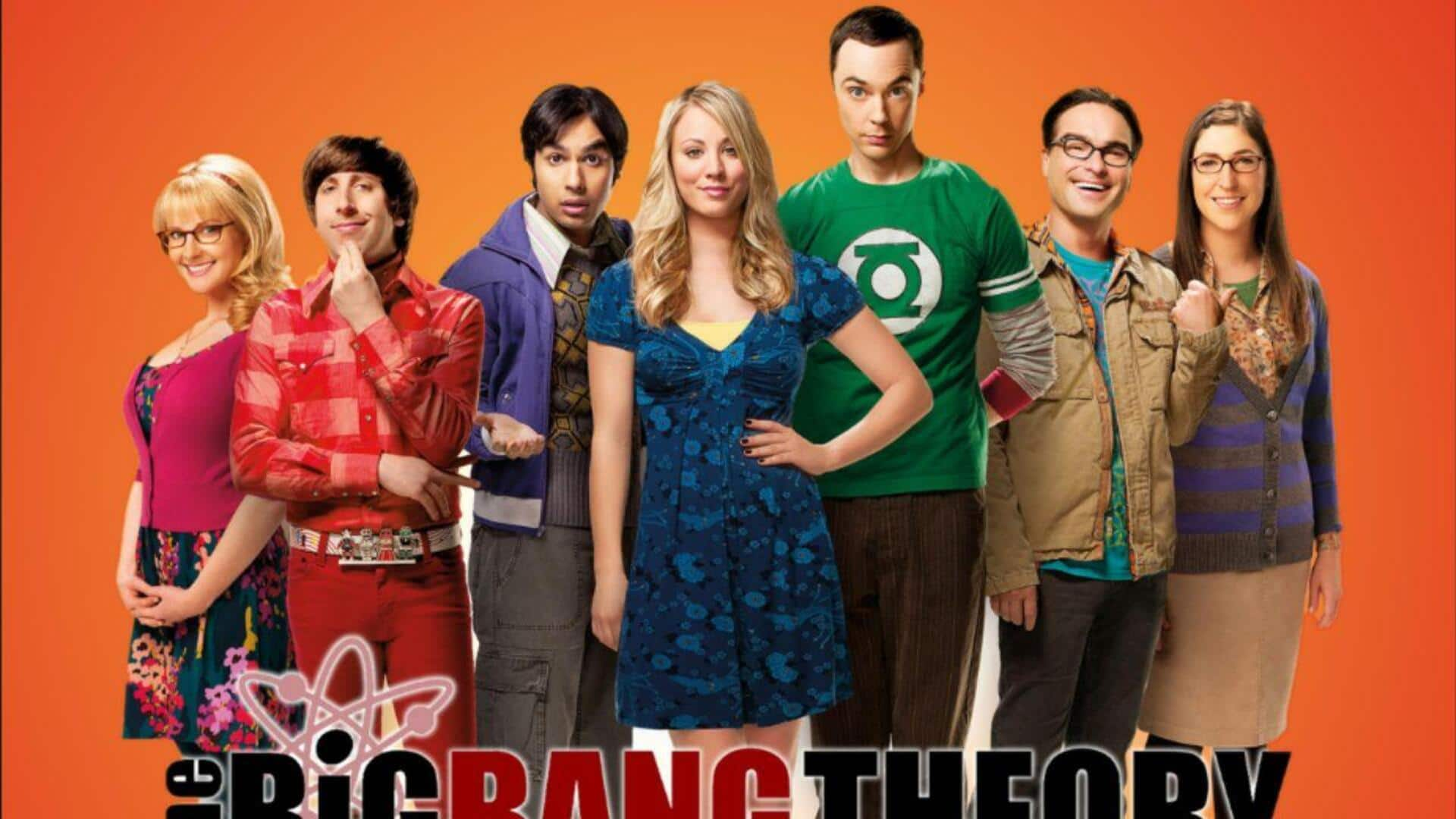
How 'The Big Bang Theory' mirrors the life of scientists
What's the story
The Big Bang Theory, the hit television show, gives a hilarious yet intriguing peek into the lives of physicists. Although the show is largely a comedy, it does manage to nail certain facets of the scientific community with surprising precision. From their professional woes to socializing, the show mirrors real-life situations encountered by physicists. Here's looking at some things The Big Bang Theory gets right about the lives of those in the field.
#1
The importance of collaboration
Considering that physicists usually work in teams to solve complex problems, The Big Bang Theory does a great job of highlighting the same. The characters are often seen collaborating on research projects and experiments, which is how teamwork really is in the actual world of physics. It brings in the diversity of thought and expertise to find more holistic solutions. This one really emphasizes the essence of cooperation among scientists.
#2
The struggle with funding
Securing funding has always been a challenge for physicists, as we see in The Big Bang Theory. The characters often struggle to get grants for their research projects. This is a reality where scientists have to fight for limited monetary resources from government bodies or private institutions. The show's depiction highlights how funding constraints can affect scientific progress and innovation.
#3
Balancing work and personal life
We all know how physicists often struggle to keep their personal lives afloat while working on a high-pressure job, and that is a theme of The Big Bang Theory. The characters all have trouble keeping the romance alive while working on their careers. Just like how in real life, long hours spent in labs or at conferences can lead to a breakup. The show perfectly captures this delicate balancing act of many scientists.
#4
Navigating academic hierarchies
Just like in The Big Bang Theory, academic hierarchies dictate a physicist's career. The characters go through different ranks in a university or a research institution, all while managing departmental politics. This is something that we can all relate to, where your career depends on how well you navigate the tangled web of academic hierarchies.